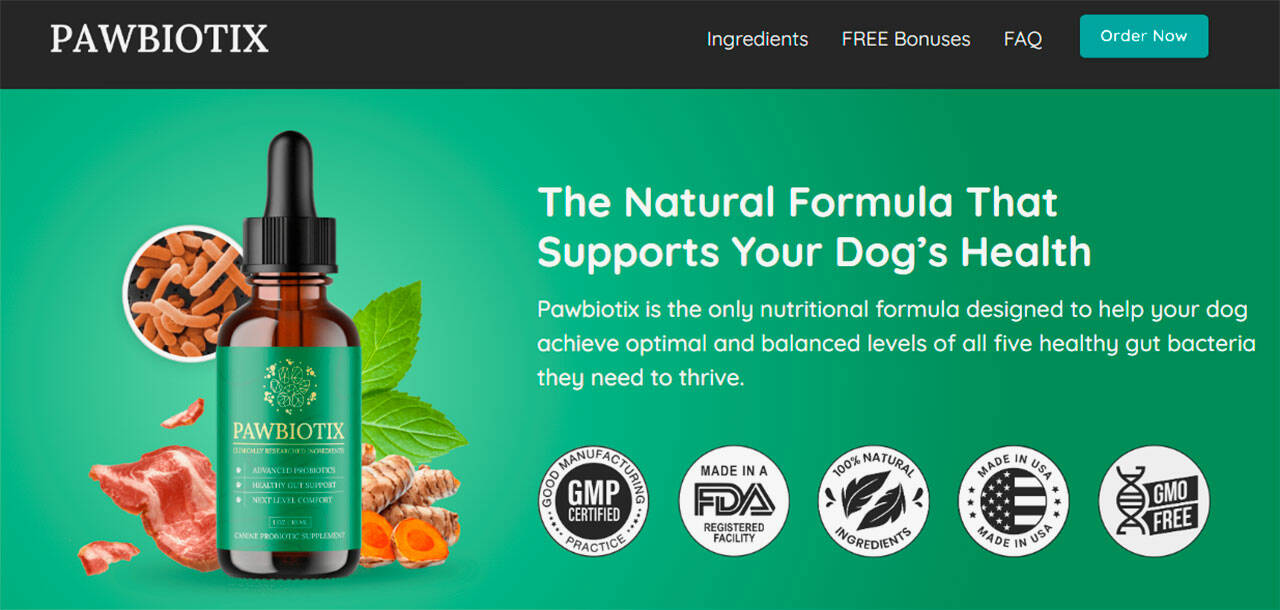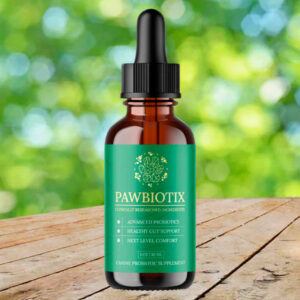
The Ultimate Guide to Probiotics for Pets on Antibiotics: Restoring Gut Health and Well-being
$59.00
Support your furry friend’s gut health during antibiotic treatment with our premium pet probiotic formula. Designed to restore balance and aid digestion, it’s essential for pets on medications that can disrupt their microbiome.
Description
Probiotics for Pets on Antibiotics: A Comprehensive Guide
Introduction
Antibiotics are powerful medications that are used to treat bacterial infections in pets. While they are often effective in clearing up infections, they can also disrupt the delicate balance of the gut microbiome, leading to digestive issues, diarrhea, and other health problems. Probiotics are live microorganisms that can help to restore the gut microbiome and improve digestive health.
The Gut Microbiome and Its Importance
The gut microbiome is a complex community of trillions of bacteria, viruses, and other microorganisms that live in the digestive tract. These microbes play a vital role in many aspects of pet health, including:
- Digestion and nutrient absorption
- Immune function
- Hormone production
- Mood regulation
When the gut microbiome is disrupted, it can lead to a variety of health problems, including:
- Diarrhea
- Constipation
- Gas and bloating
- Abdominal pain
- Weight loss
- Skin and coat problems
- Allergies
- Behavioral problems
Antibiotics and the Gut Microbiome
Antibiotics are broad-spectrum drugs that kill both good and bad bacteria in the gut. This can lead to a disruption of the gut microbiome, which can cause digestive issues and other health problems.
The severity of the disruption depends on the type of antibiotic, the dose, and the length of treatment. Some antibiotics are more likely to cause digestive problems than others. For example, clindamycin and amoxicillin-clavulanate are known to be particularly disruptive to the gut microbiome.
Probiotics for Pets on Antibiotics
Probiotics can help to restore the gut microbiome and improve digestive health in pets on antibiotics. Probiotics are available in a variety of forms, including:
- Capsules
- Powders
- Liquids
- Chews
The best type of probiotic for your pet will depend on their individual needs. Your veterinarian can recommend a probiotic that is specifically formulated for pets on antibiotics.
Benefits of Probiotics for Pets on Antibiotics
Probiotics have a number of benefits for pets on antibiotics, including:
- Reducing diarrhea
- Improving digestive health
- Boosting immunity
- Reducing inflammation
- Improving skin and coat health
- Promoting weight gain
How to Give Probiotics to Your Pet
Probiotics are typically given orally, once or twice a day. You can give your pet probiotics in a variety of ways, including:
- Mixing them with their food
- Giving them a probiotic chew or treat
- Adding them to water
It is important to follow the manufacturer’s instructions for giving probiotics to your pet.
Side Effects of Probiotics
Probiotics are generally safe for pets. However, some pets may experience side effects, such as:
- Gas
- Bloating
- Diarrhea
These side effects are usually mild and temporary. If your pet experiences any side effects from probiotics, discontinue use and consult with your veterinarian.
Conclusion
Probiotics can be a helpful addition to the treatment plan for pets on antibiotics. Probiotics can help to restore the gut microbiome, improve digestive health, and boost immunity. If your pet is on antibiotics, talk to your veterinarian about whether probiotics are right for them.



